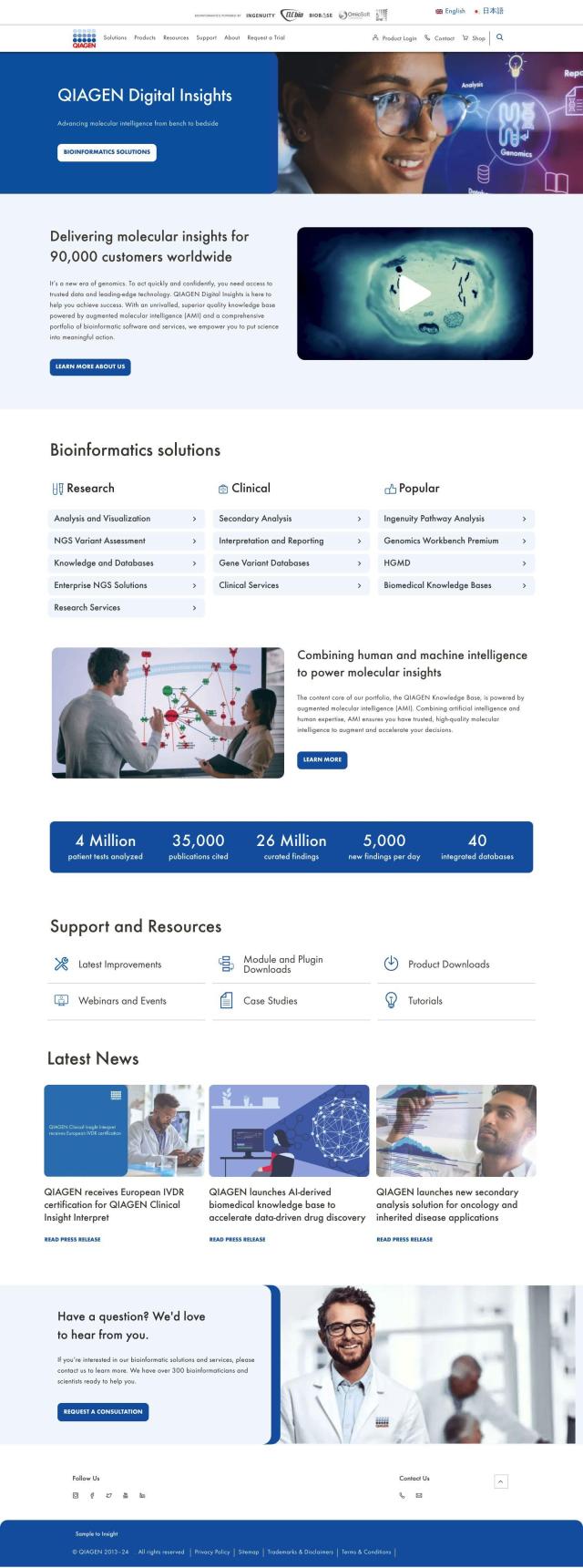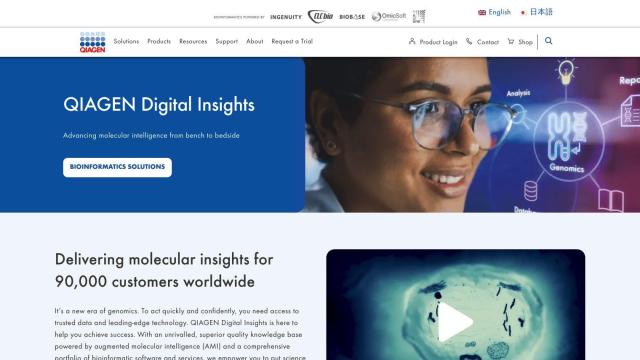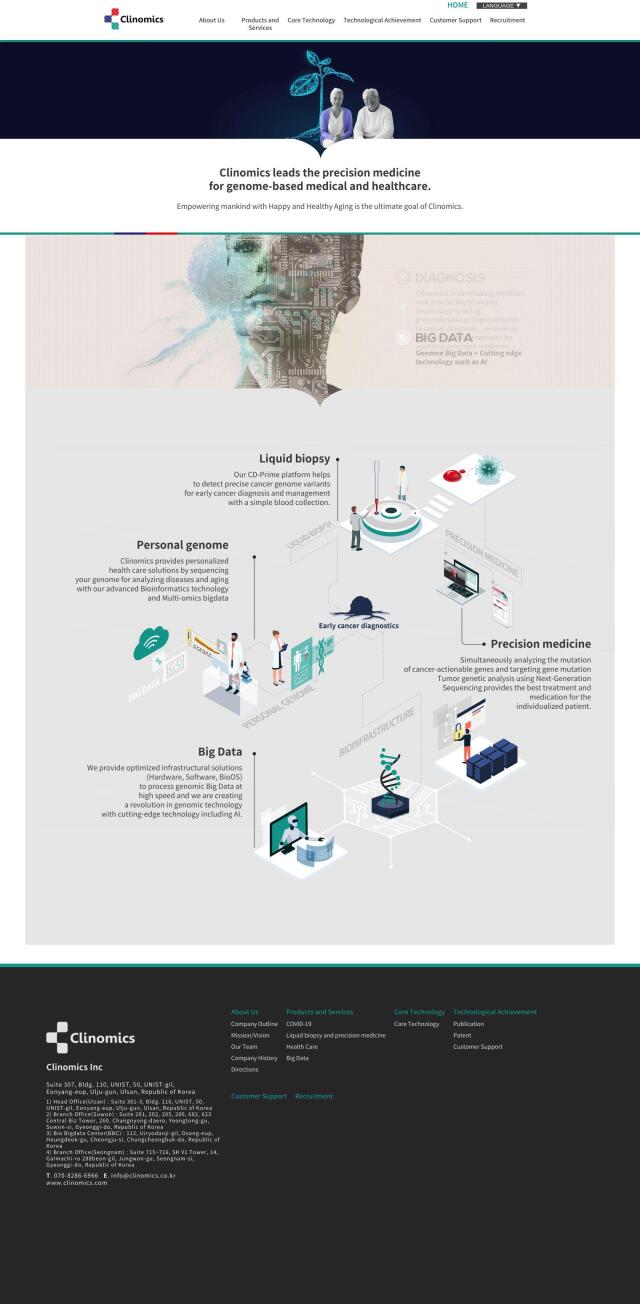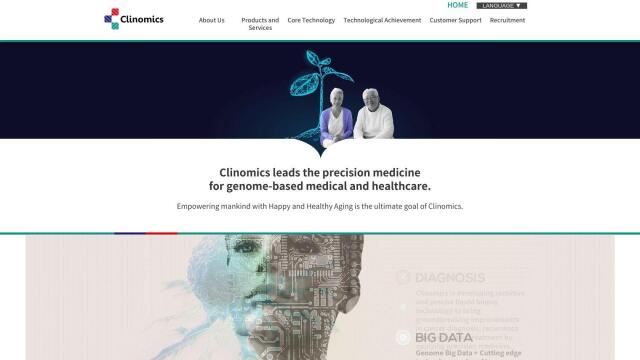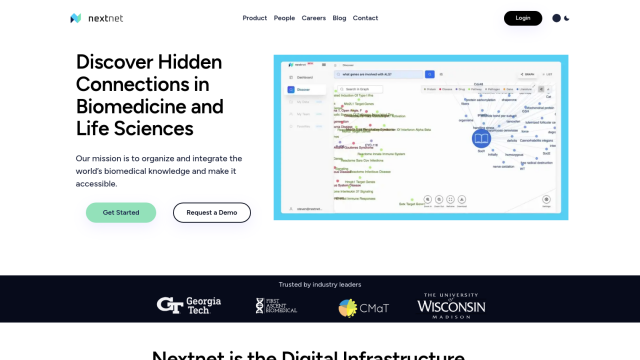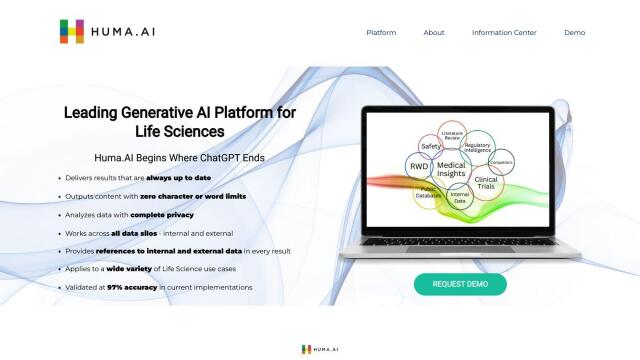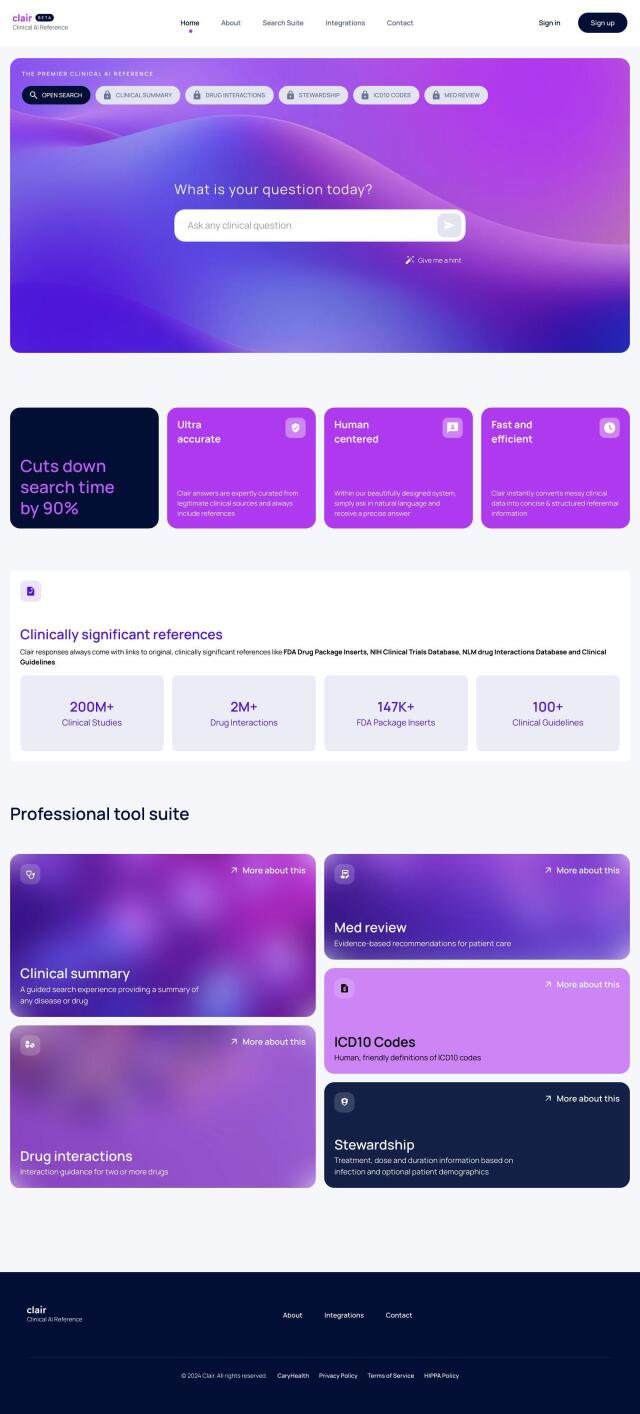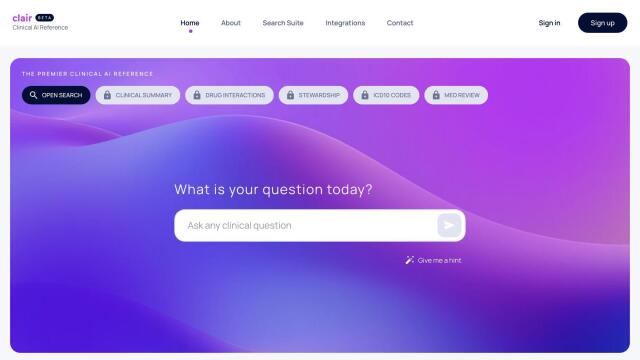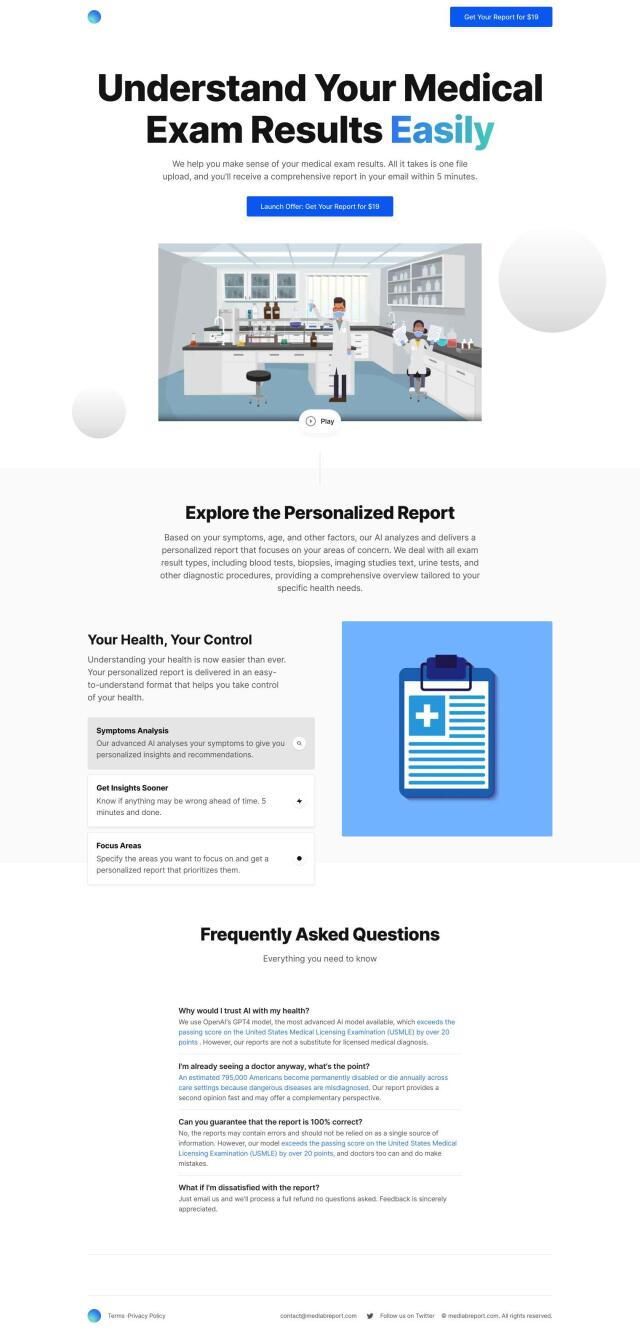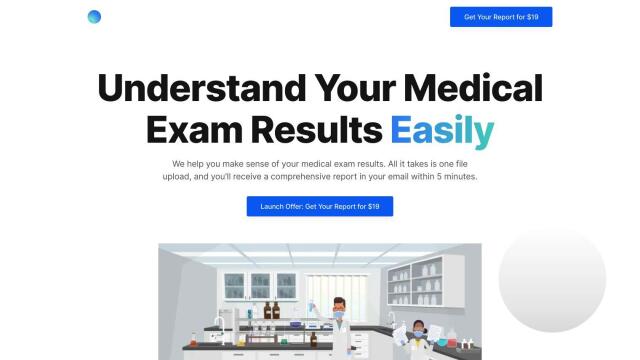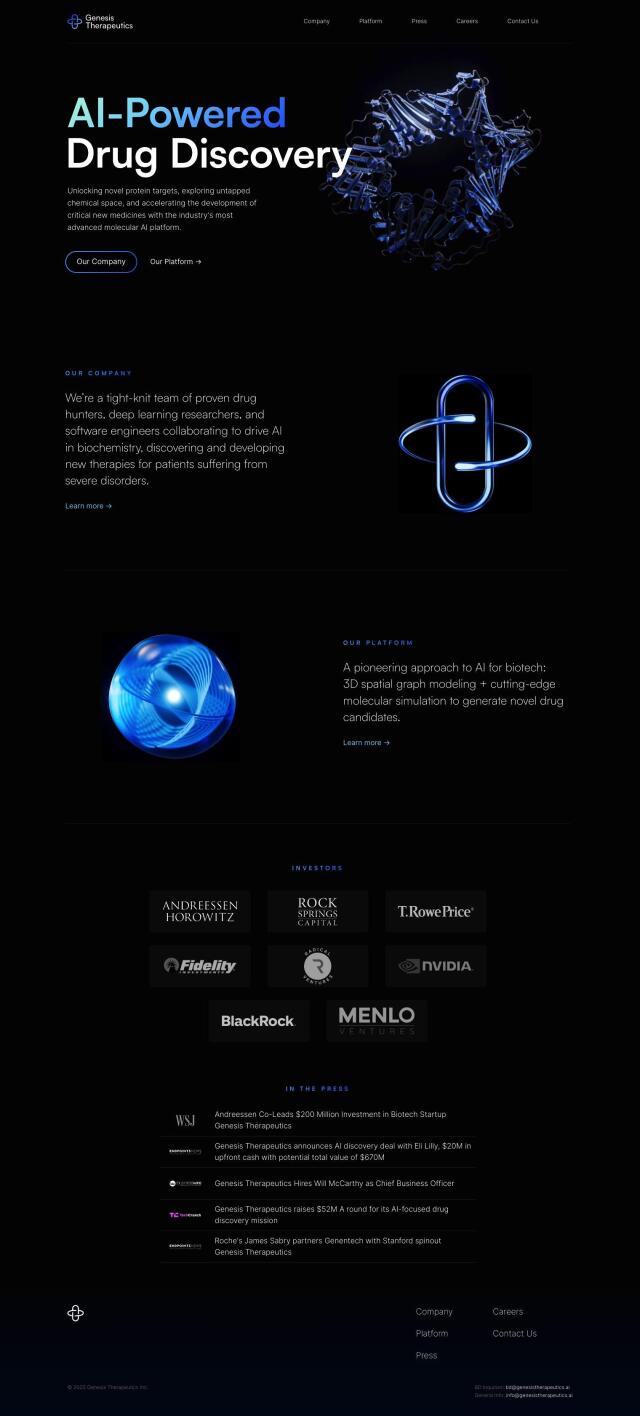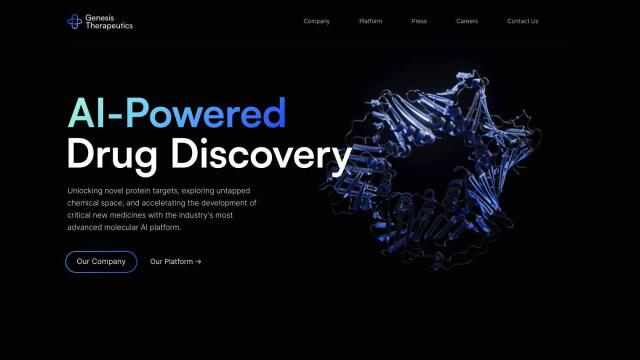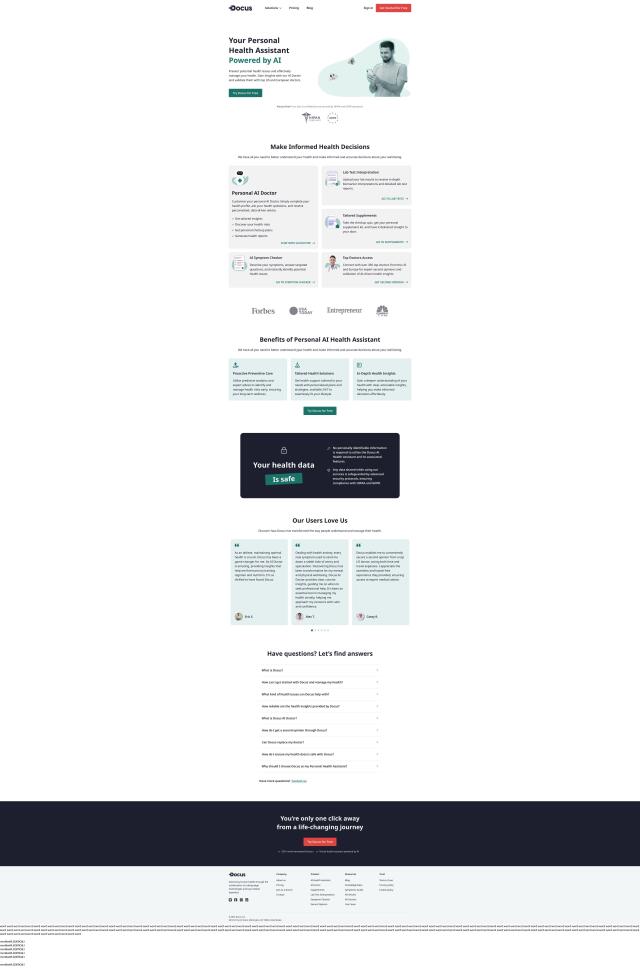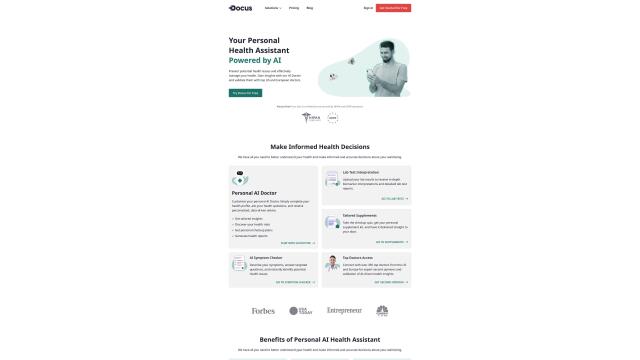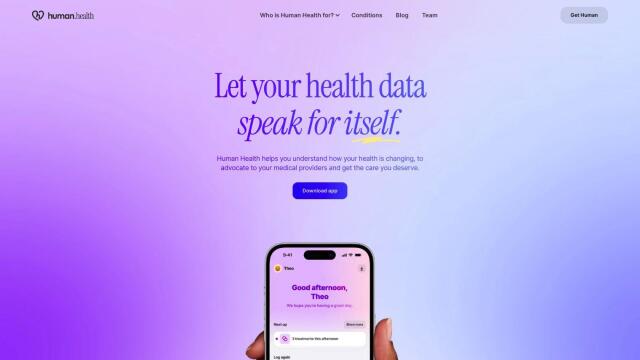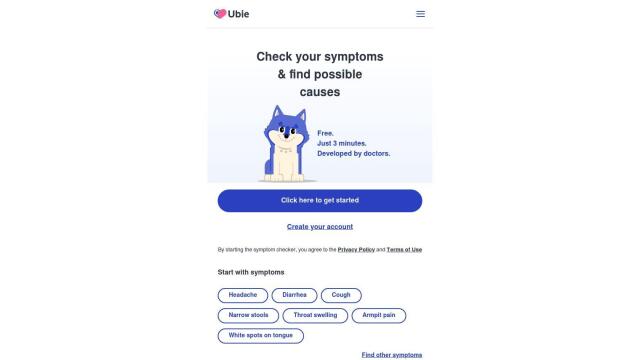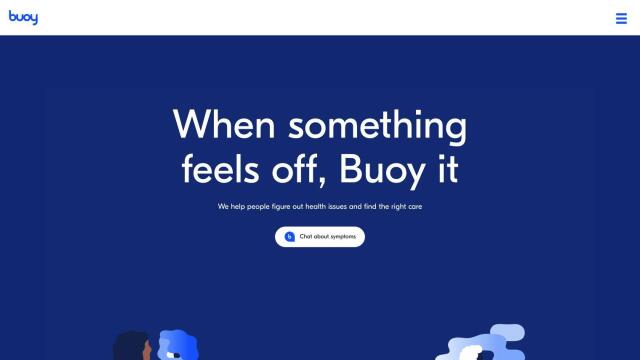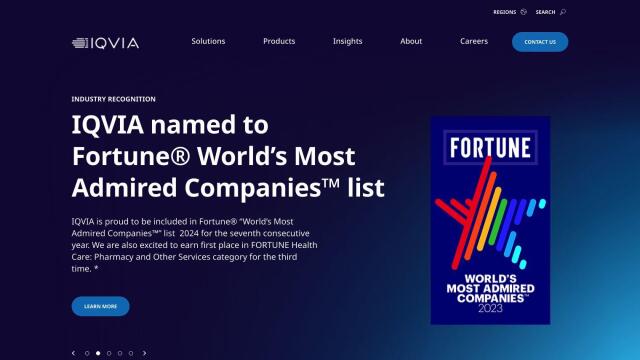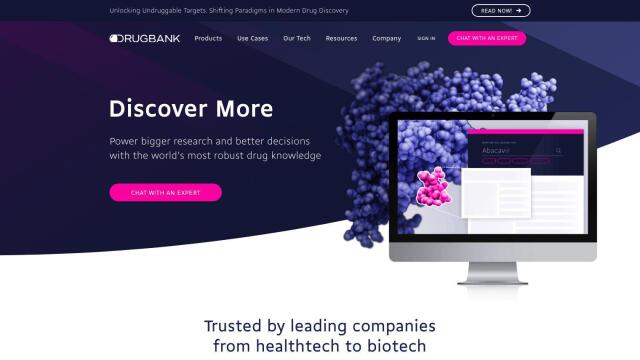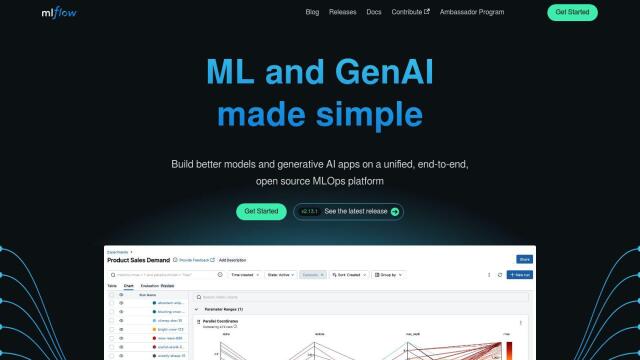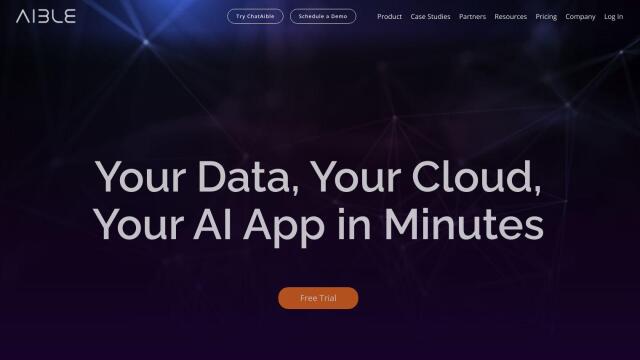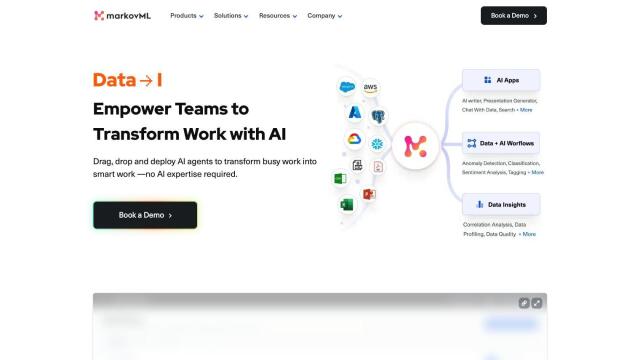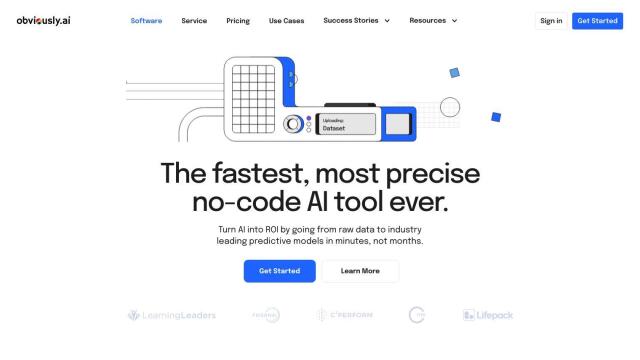Question: Is there a solution that can help me identify disease subtypes and monitor patient treatment responses using machine learning?

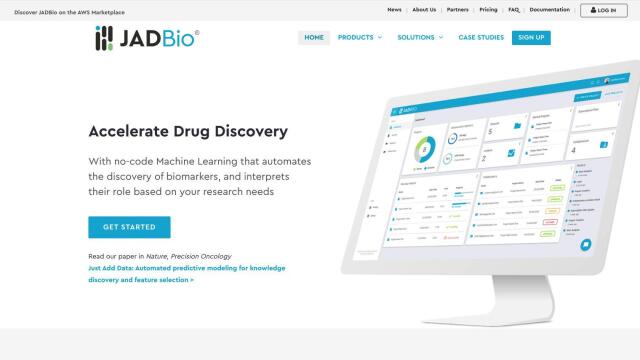
JADBio
If you want to use machine learning to identify disease subtypes and track patient response to treatment, JADBio is a good option. This no-code platform automates biomarker discovery and interpretation, including multi-omics data like genomics, transcriptome and proteome. It's geared for early biomarker discovery, disease subtype identification and patient response to treatment.

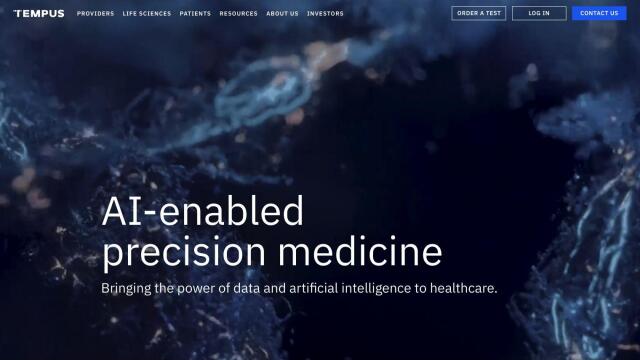
Tempus
Another contender is Tempus, an AI-based precision medicine platform that can provide insights to help with cancer treatment. It includes a clinical assistant, a care gap identifier and a tool to analyze multimodal real-world data. Tempus can help doctors make decisions about treatment and pharmaceutical companies develop drugs, so it's a good choice for personalized patient care.
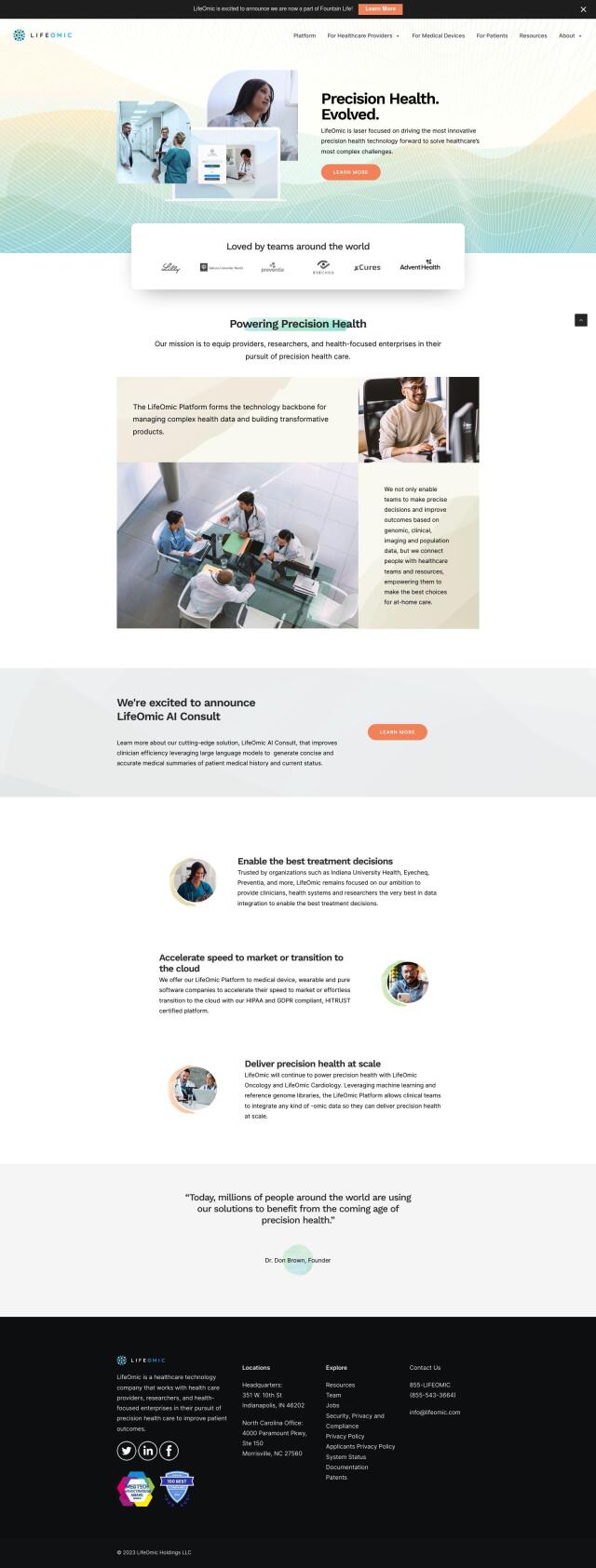
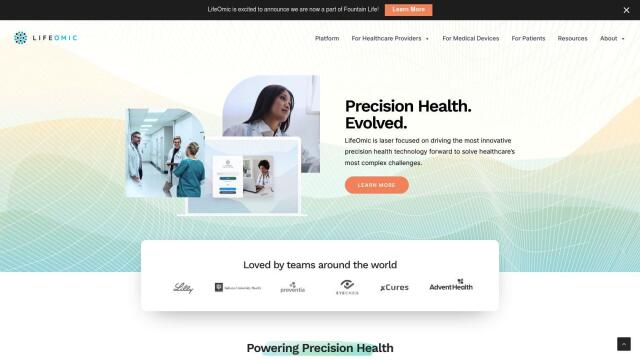
LifeOmic
LifeOmic offers a similar broad platform that combines genomic, clinical and imaging data to help with patient outcomes. Among its tools are LifeOmic AI Consult for medical summaries, LifeOmic Oncology for precision health and a molecular tumor board for consolidating data sets. The company's platform is geared for healthcare providers, researchers and health-focused companies trying to make decisions.

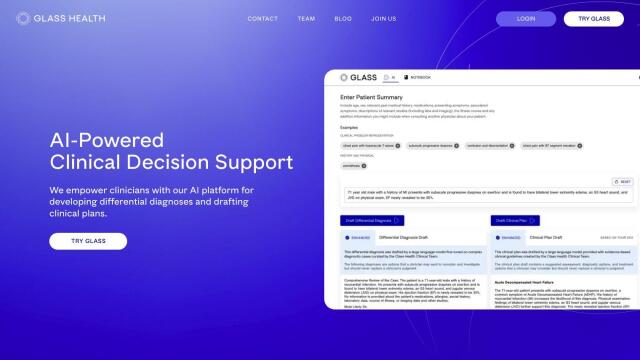
Glass
If you're looking for a more clinical decision support focus, check out Glass. The platform uses AI to help clinicians create differential diagnoses and draft clinical plans based on patient summaries. It combines a large language model with peer-reviewed clinical guidelines to generate possible diagnoses and evidence-based treatment steps, with the goal of improving diagnostic accuracy and patient outcomes.
